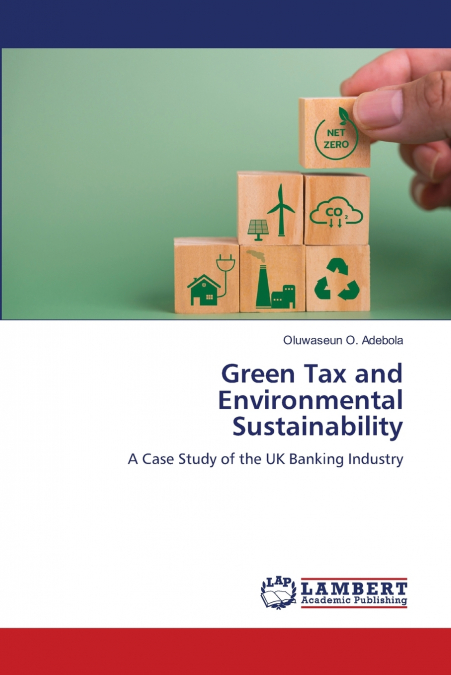
Oluwaseun O. Adebola
The primary purposes of the green tax are to first, ensure compliance in the protection of the environment as well as discourage harmful behaviors and second, to generate revenue for the government. While a current OECD analysis on tax reform demonstrated an increase in the number of environmentally related tax measures, as more countries continue to adopt this form of tax, the implementation of green taxes has equally been criticized due to the absence of a link to the bad externalities that prompt the tax, rates not being high enough to prohibit the forces that cause environment deterioration, lack of worldwide uniformity in environmental taxes and the intricacies of the taxes enforced on many industries. This book seeks to examine whether the introduction of green tax in the UK has truly been successful in creating sustainable businesses, particularly in the banking industry. By doing so, it unpacks if green tax alone has been effective enough, or if additional factors are responsible for triggering changed behavior in businesses. The findings of this study will also help the government to reassess the green tax policy and make necessary informed decisions about it.